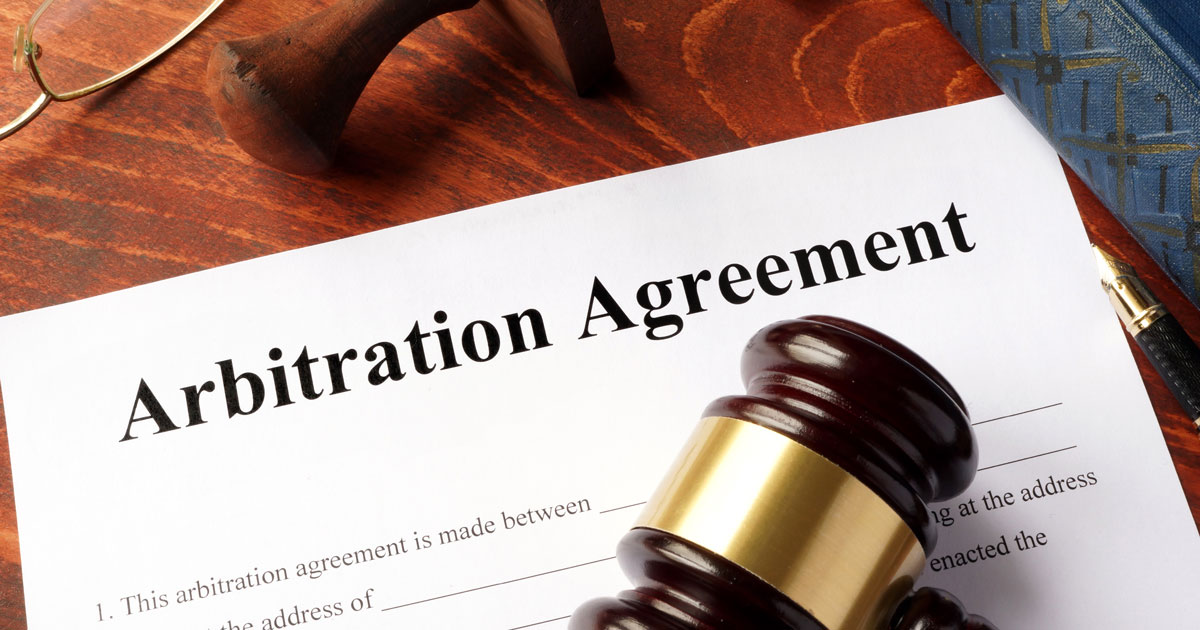Overly Detailed Board of Directors Minutes: A Legal Liability?
Here’s a hypothetical scenario for you. The board of directors of a well-respected nonprofit organization was sued by a disgruntled former board member, citing disagreements over strategic direction. During discovery, the plaintiff’s legal team seized the organization’s meticulously detailed meeting minutes, using specific quotes and characterizations of discussions to paint a picture of internal discord and dysfunction. The lawsuit, fueled by the minutes’ unintended revelations, dragged on for months, draining the nonprofit’s resources and damaging its reputation. This is why it is so important to strike the right balance of detail in meeting minutes.
Why Keeping Meeting Minutes is Important
Whether your organization boasts a billion-dollar budget or operates on a shoestring budget, meeting minutes are necessary. They serve as the official record of board and committee meetings, documenting discussions, decisions, and actions taken. While essential, crafting effective minutes is an art form, balancing the need for detail with the necessity of being concise.
The board secretary holds the responsibility of taking notes and drafting the minutes, a duty integral to their role. However, if the secretary is unavailable, the board should designate another individual to step in, documenting this appointment within the minutes. Committees may choose to appoint a dedicated minute-taker or assign the task to the committee chair. Regardless of who fills this role, a thorough review of the meeting agenda beforehand is crucial for anticipating discussion points and organizing notes effectively.
How to Write Meeting Minutes
There are essential elements that should always be included in meeting minutes. Here are some meeting minutes guidelines:
- List the time, date, and location or manner of the meeting
- Include a list of attendees, noting any absences or those attending virtually
- Note confirmation of a quorum
- List names of any guests present, including staff or strategic advisors, such as accountants or lawyers
It’s important to have accurate meeting minutes. Each meeting should commence with a review and approval, or amendment, of the previous meeting’s minutes. Unless your meeting necessitates formal rules and procedures, you do not always need to read meeting minutes aloud prior to their approval or ratification. You can save time by providing your directors a copy of the draft minutes up for approval prior to the meeting. Once approved, it is a good practice for the secretary or committee member to sign the minutes before filing them in the organization’s official records. While not a requirement, it ensures that the copy in the record is the approved minutes.
Meeting minutes best practices include capturing the meeting’s essence, not every utterance. Remember, these documents are discoverable in legal proceedings and can serve as evidence in lawsuits. While accuracy is paramount, overly detailed accounts of every comment or disagreement can leave the organization vulnerable to unnecessary risk. Strike a balance by summarizing key discussion points for each agenda item, highlighting main arguments and perspectives rather than transcribing verbatim. Employing phrases like “discussion ensued” or “discussion followed” can help capture the conversation’s essence while avoiding excessive detail that could be detrimental in a legal context. Clearly document motions, seconds, and voting outcomes. Directors who abstain from voting or vote “present” should also be noted. If the board enters executive session, note the start and end times but exclude discussion details from this confidential portion.
Is AI Your Friend?
Using meeting minutes software and AI might appear like useful solutions for some organizations. Many regularly scheduled board and committee meetings take place virtually, using Zoom or Microsoft Teams. With larger boards or committees, this can make it difficult to track discussions or who voted. There are many AI solutions available that aim to capture a record of the virtual meeting, which may assist you in drafting meeting minutes. However, AI creates a record of the entire meeting that you may be required to keep indefinitely and could be discoverable in a legal proceeding. If you require the assistance of AI in taking notes for the meeting minutes, ask yourself: are we including too much information in our minutes?
By mastering the art of balanced meeting minutes, your organization can maintain a robust record of its decisions and actions, mitigating legal risks and ensuring effective governance.
Edward McMurray represents clients in Levin Ginsburg’s Corporate Law Practice and has extensive experience with advising associations and non-profit at all stages and of all sizes. Should you have any questions about your organization’s minutes or governance matters, please contact Edd through our website.
Levin Ginsburg is a full-service law firm that prides itself on being counselors for all types of businesses and individuals. Regardless of your need, our attorneys exercise great care in being thorough, organized, and efficient in serving clients.



